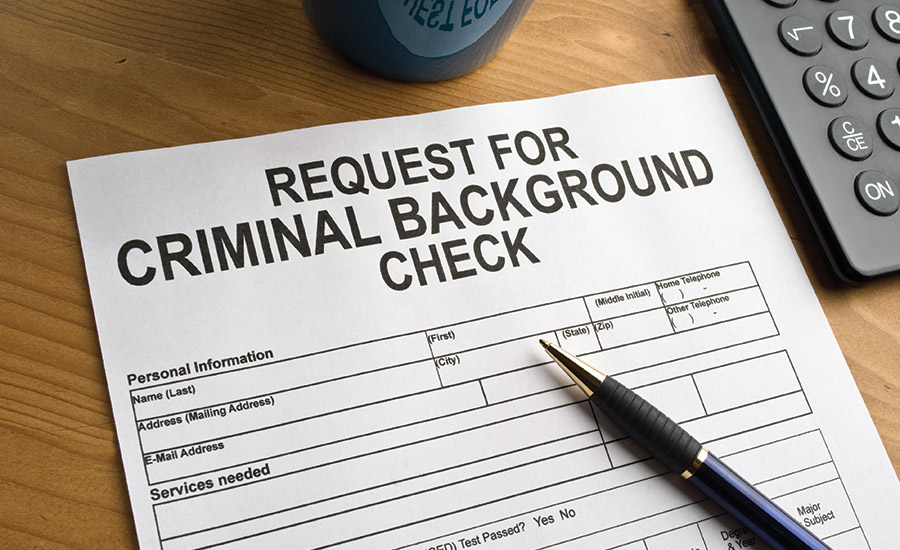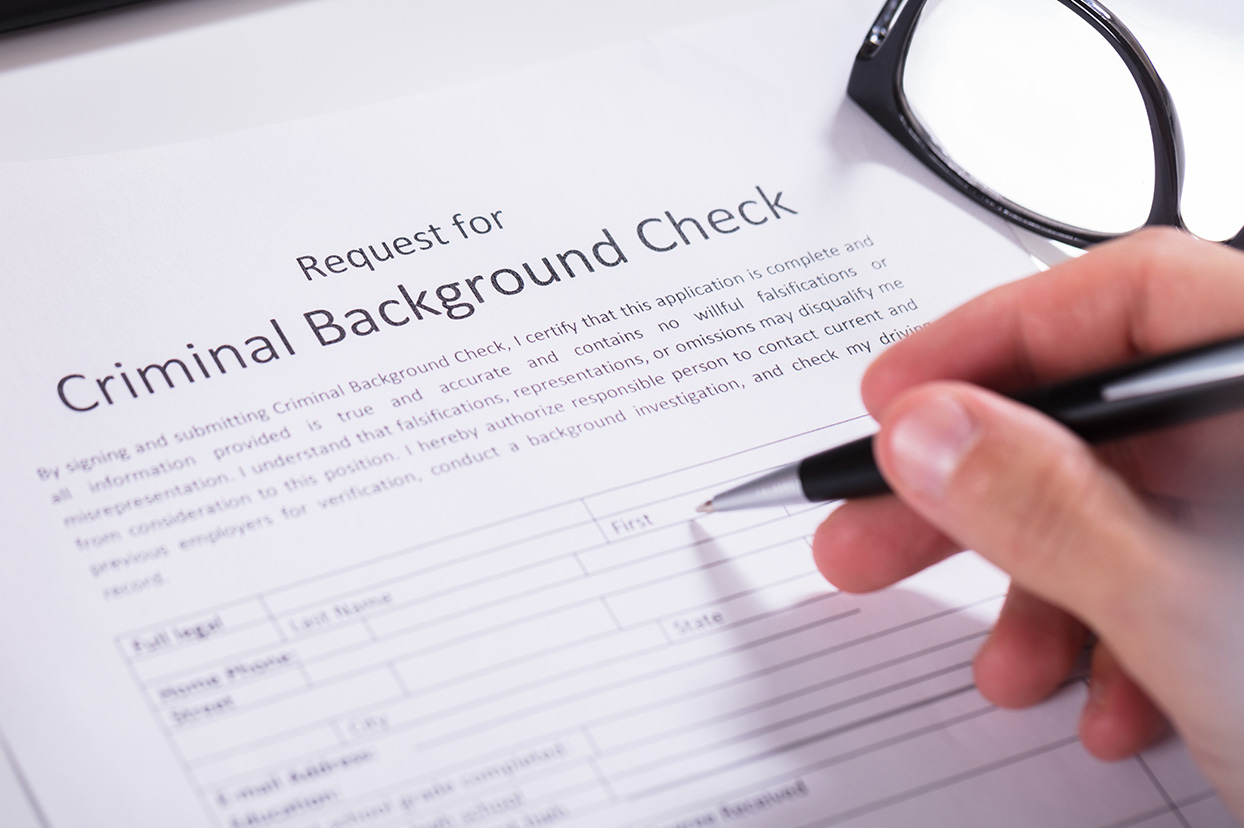How do criminal background checks work?
Criminal background checks are a process that delves into an individual’s past, revealing crucial details that can impact their future opportunities. The process begins when an authorized entity requests a check, often through a specialized agency.
This agency then probes various databases, from local court records to national crime databases, seeking any hint of criminal activity.
But it’s not just about finding a criminal record. It’s about understanding the context, the severity, and the relevance of any discovered offenses.
It’s a complex, intricate process, but one that plays a pivotal role in maintaining safety and integrity in our society.

What makes criminal background checks important?
1. Safety first
Criminal background checks are paramount to ensuring safety.
They help organizations mitigate risks by identifying individuals with a history of harmful behavior, thus creating a safer environment for everyone involved.
2. Trust and transparency
These checks foster trust and transparency. When an individual’s background aligns with their claims, it builds confidence in their integrity, promoting a culture of honesty and openness.
3. Regulatory compliance
Many industries are legally required to conduct these checks. Non-compliance can lead to hefty fines, legal repercussions, and damage to the agency’s brand image.
4. Informed decisions
Background checks provide valuable insights that aid in making informed decisions, particularly in recruitment.
They help employers assess candidates’ suitability based on past behavior and potential risks.
5. Protecting the company’s reputation
At times employee actions can significantly impact a company’s reputation.
Conducting background checks helps protect the company’s image and brand by ensuring they hire individuals who reflect their values.
6. Reducing negligent hiring risks
If an employee’s actions harm someone and it’s found that a thorough background check wasn’t conducted, companies can face negligent hiring lawsuits.
Background checks help mitigate this risk.
7 types of criminal background checks
1. County criminal record checks
These checks delve into county courthouse records where the individual resides or has resided. They’re crucial for uncovering local criminal activity.
2. Statewide criminal record checks
Through these checks, state law enforcement and court records are scanned. They’re useful for identifying crimes committed in the entire state.
3. Federal criminal record checks
They reveal crimes prosecuted at a federal level, such as fraud, embezzlement, or tax evasion. Quite essential for comprehensive background screening.
4. National criminal database checks
Using nationwide databases, these checks scan criminal records across the country. They provide a wide-angle view of an individual’s criminal history.
5. Sex offender registry checks
Specifically, these checks check the national sex offender registry for sexual offenses. They’re vital for roles involving vulnerable populations.
6. International criminal record checks
These checks are necessary for individuals who have lived or worked abroad, providing insights into criminal activities committed overseas.
7. Credit background checks
In roles involving financial responsibility, these checks provide insight into an individual’s financial history.
What shows up on a criminal background check?
1. Criminal convictions and records
A criminal background check reveals any past criminal convictions of an individual. This includes felonies, misdemeanors, and other criminal offenses.
In some cases, arrest records may also appear on a criminal background check, providing information about past arrests and charges even if no convictions have occurred.
2. Warrants and outstanding charges
Criminal background checks may reveal outstanding warrants or pending charges against the individual.
In some cases, driving records are also dug through to reveal traffic violations or suspensions of licenses
3. Employment history and character references
While not directly related to criminal activity, a background check often covers verification of employment history, which can provide insights into an individual’s work experience and character.
It may also involve conducting reference checks to gain a deeper understanding of their market reputation and work profile.
4. Education verification and professional licenses
A background check can verify an individual’s educational credentials, providing accurate and truthful information about their suitability for a given role
Certain professions similarly require verification of licenses in order to ensure that the individual meets the necessary requirements.
How long do criminal background checks take?
1. The typical time frame for a background check
Instant checks: Automated databases can often return results instantly or within a few minutes.
Manual searches: Manual searches, such as courthouse record checks, can take several days or even weeks.
Multiple jurisdictions: Checks involving multiple jurisdictions or countries can add to the time frame due to varying procedures and response times.
2. Factors influencing the duration of a check
- Type of check: Different types of checks can take different amounts of time. For example, a county criminal record check may be quicker than a federal or multi-jurisdiction check.
- Depth of search: The more comprehensive the search, the longer it may take. A check that includes education, employment, and reference verification will take longer than a criminal record check alone.
- Individual’s criminal history: If the individual has a complex criminal history or has lived in multiple places, the check may take longer.
- Bureaucratic delays: Delays can also occur due to bureaucratic processes, such as slow response times from courts or other institutions.

3. Differences in the time frame based on check type
- Credit checks: Credit checks often return results quickly, as they rely on automated databases.
- Motor vehicle records checks: These checks can also be quick, depending on the state’s procedures.
- Criminal record checks: These checks can vary widely in duration, depending on the jurisdictions involved and the depth of the search.
4. How the complexity of the applicant’s history affects the duration
- Lengthy criminal history: More time may be needed to verify and analyze each incident in the applicant’s history.
- Multiple residences: If the applicant has lived in multiple places, each jurisdiction may need to be checked, adding to the time frame.
- Common name: If the applicant has a common name, it may take longer to ensure that the records match the correct individual.












Replies to This Discussion